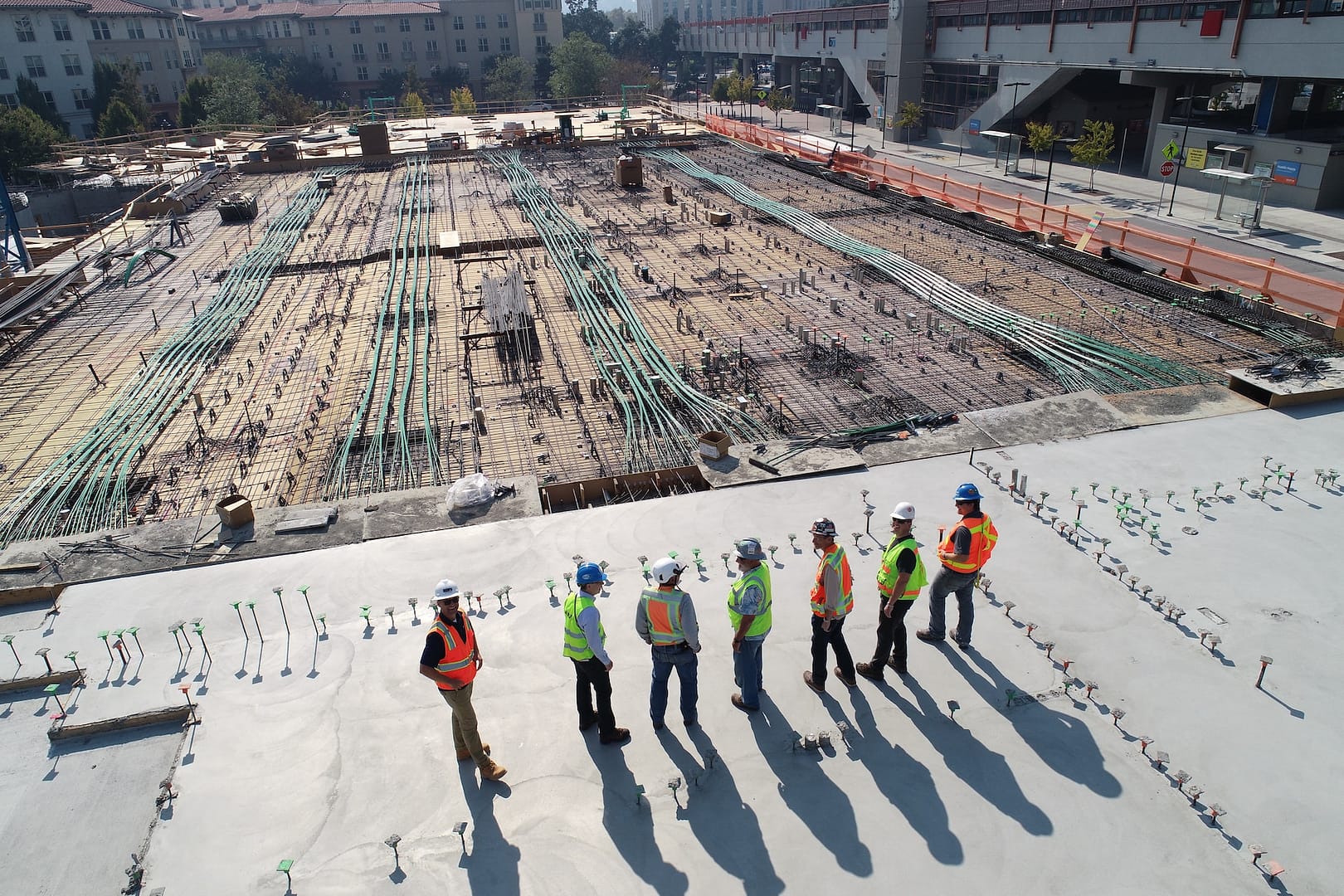In the bustling landscape of societal challenges, one critical issue that often lurks in the shadows is the disrepair of social housing. When we envision our homes, we picture places of warmth, safety, and comfort. However, for some, this ideal is marred by the persistent problem of housing disrepair. This article delves into the complexities of this issue, exploring the limitations surrounding it, the housing disrepair protocol, and, most importantly, the long-term strategies required to break the cycle.
Unveiling the Limitation Period for Housing Disrepair
Understanding social housing disrepair requires grasping the concept of the limitation period. In the UK, this period is the legally defined timeframe for bringing forward a claim. It’s crucial to comprehend this temporal boundary for housing disrepair cases.
The limitation period serves dual purposes. It safeguards the interests of both tenants and landlords by prompting timely claims and resolving disputes promptly. However, it also presents challenges for those unaware of disrepair or facing obstacles in seeking legal redress within the stipulated timeframe.
Navigating the housing disrepair protocol becomes crucial for tenants caught in this temporal conundrum.
Deciphering the Housing Disrepair Protocol
The housing disrepair protocol is essentially a set of guidelines that outlines the steps to be taken when addressing disrepair issues in social housing. Think of it as a roadmap, guiding tenants, landlords, and legal entities through the intricacies of resolving disputes and ensuring that the living conditions meet the required standards.
For tenants, understanding this protocol is akin to wielding a powerful tool. It provides a structured approach to reporting disrepair issues, initiating repairs, and seeking compensation if necessary. Conversely, for landlords, adherence to the housing disrepair protocol is not only a legal obligation but also a means of fostering a harmonious living environment for their tenants.
The protocol typically involves notifying the landlord of the disrepair, allowing a reasonable timeframe for remedial action, and escalating the matter if the issues persist.
Long-Term Strategies: Breaking the Shackles of Disrepair
While understanding the limitation period and the housing disrepair protocol is essential, addressing social housing disrepair necessitates long-term strategies that transcend the immediate confines of frameworks.
Investing in Preventative Measures
The most effective way to break the cycle of disrepair is to prevent it from gaining momentum in the first place. This involves proactive measures, such as routine maintenance checks, inspections, and prompt repairs. For landlords, investing in the longevity of the property pays dividends in tenant satisfaction and overall community well-being.
Community Engagement and Education
Empowering tenants with knowledge about their rights and responsibilities is crucial. It’s a pivotal step in breaking the cycle of disrepair. Community workshops and informational pamphlets help. Open communication channels are essential too. They bridge the gap between landlords and tenants. This creates a collaborative approach to maintaining social housing.
Legislative Advocacy for Reform
Advocating for legislative reforms is crucial for addressing systemic issues in social housing disrepair. Communities can influence changes by engaging with policymakers. These changes may include extending limitation periods, strengthening tenant protections, and allocating resources for housing maintenance and improvement.
Receive a Call About Your Claim
Embracing Sustainable Building Practices
Another facet of long-term solutions involves embracing sustainable building practices. By constructing and renovating social housing units with eco-friendly materials and energy-efficient technologies, the longevity of these structures is enhanced, reducing the frequency and severity of disrepair issues.
Collaboration between Stakeholders
Breaking the cycle of social housing disrepair necessitates collaboration between all stakeholders. Local authorities, housing associations, landlords, and tenants must work together to create a holistic approach that addresses the root causes and ensures the sustained well-being of social housing communities.
Making a Housing Disrepair Claim with National Claims
As a pivotal player in the realm of housing disrepair, National Claims stands as a beacon of support for those navigating the complexities of the housing disrepair protocol. Making a housing disrepair claim with us involves a seamless process, providing a bridge between tenants and the resolution they seek.
National Claims recognises the urgency of addressing disrepair issues promptly. By leveraging our expertise, tenants can navigate the intricacies of the housing disrepair protocol with confidence, ensuring their concerns are heard and remedied effectively. Our commitment extends beyond the framework, aiming to break the cycle of disrepair through proactive measures and client-focused advocacy.
Conclusion
Social housing disrepair is a pressing concern within societal challenges. It demands collective action. We navigate the limitation period, understand the housing disrepair protocol, and embrace long-term strategies. This journey aims to break the cycle and create safe, comfortable homes for all. National Claims is a dedicated partner, offering support, advocacy, and pathways to lasting solutions in social housing disrepair.
Contact us today to get a start on your claim with the help of one of our claims agents.
Click below to see why we are one of the most trusted claims management companies in the UK.

We’re proud of our excellent customer reviews
We thrive on delivering exceptional service and ensuring our clients’ satisfaction. Don’t just take our word for it. Check out some of our independent reviews to see what our clients have to say.
Excellent

This firm is excellent, they sorted out my car pay out and injury claim very fast, they always communicate with you all the time.

My accident case was dealt with confidence and with great result of the outcome, especially James kept me informed all the time.

I was very impressed at the way my inquiry was treated. I was listened to attentively and everything I needed to know was explained to me.






